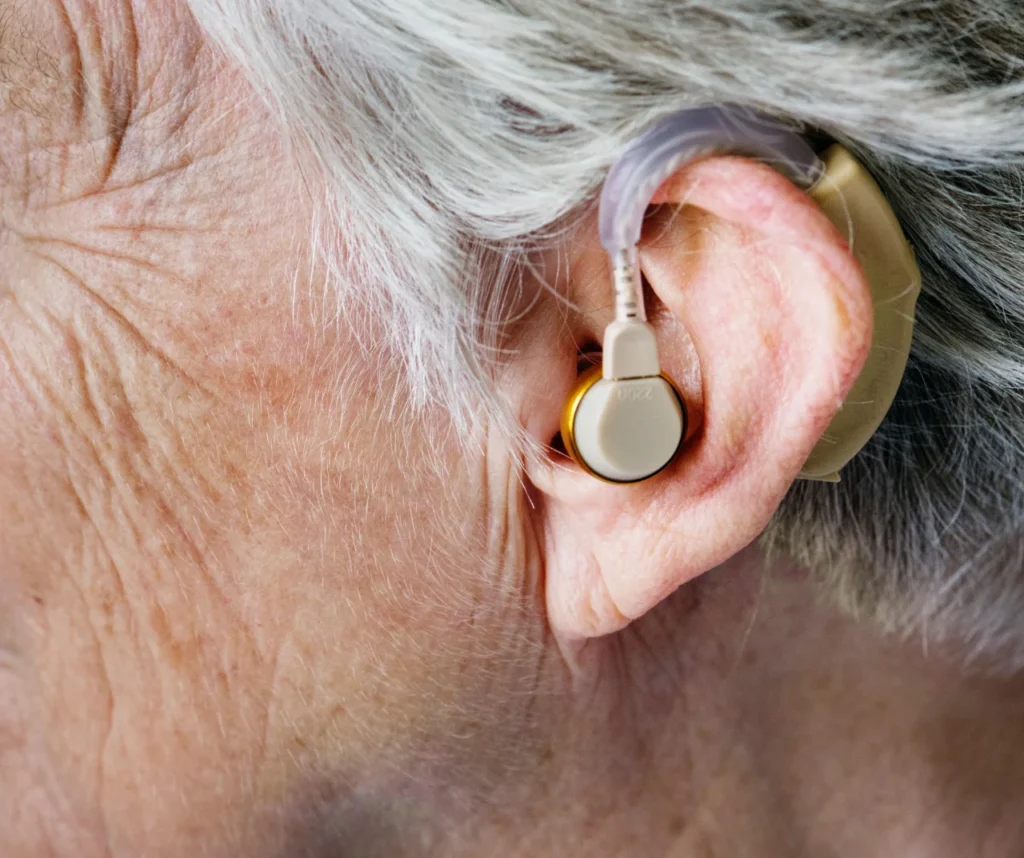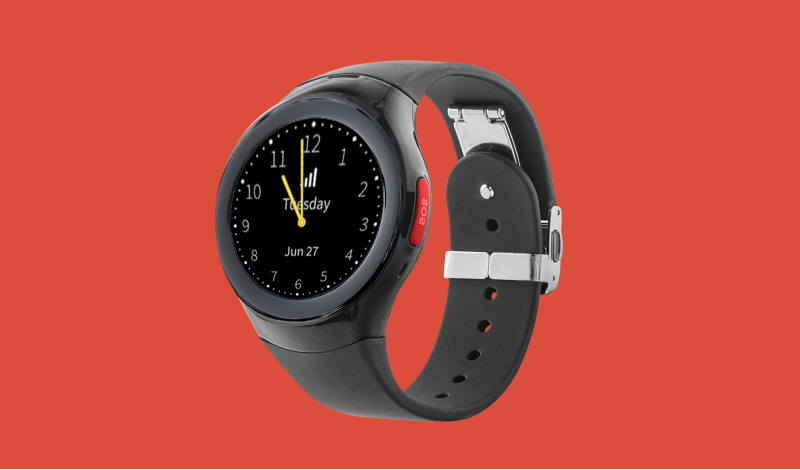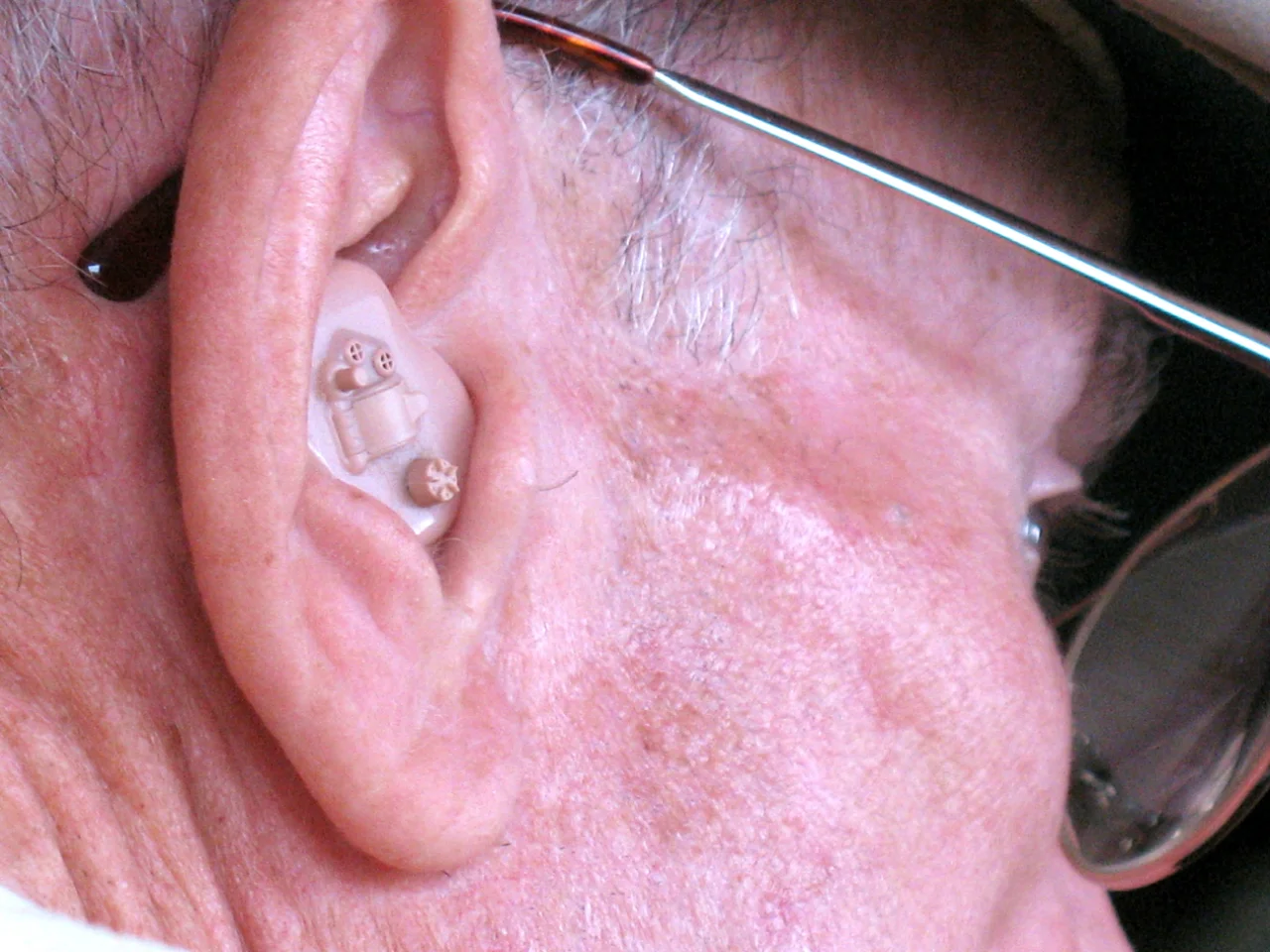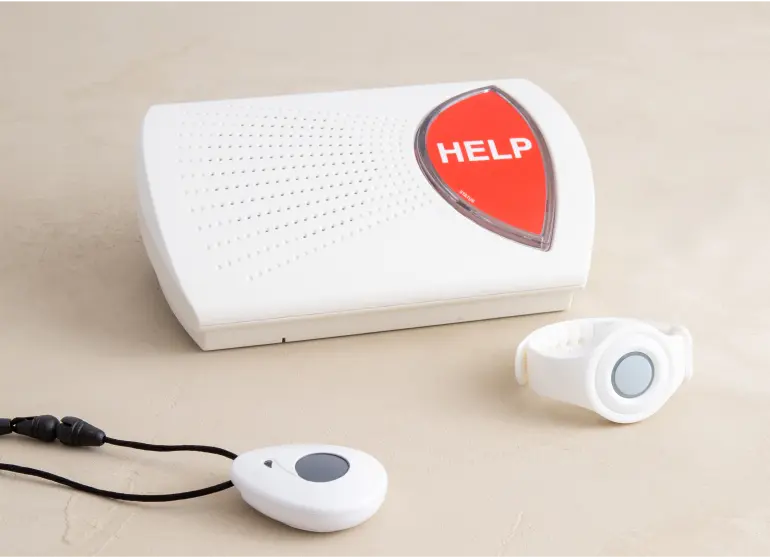Hearing loss is a common health concern, especially among the aging population. According to the National Institute on Deafness and Other Communication Disorders (NIDCD), approximately 25% of American adults aged 65-74 experience some type of hearing loss, with the number jumping to 50% after the age of 75. Hearing loss can significantly decrease quality of life and building relationships, and it can even cause incorrect diagnoses of dementia.
Given the prevalence of hearing loss, many individuals turn to Medicare to cover their healthcare needs.
However, when it comes to hearing aids, the question arises: Does Medicare cover the cost?
In this article, we will delve into the specifics of Medicare coverage for hearing aids, the types of ear-related medical conditions that are covered, the emergence of over-the-counter hearing aids, and alternative options for those seeking assistance.

Does Medicare Cover Hearing Aids?
When it comes to hearing aids, Medicare coverage is quite limited. Medicare does not cover the cost of routine hearing exams, hearing aid fittings, or the hearing aids themselves.
This limitation often comes as a surprise to many beneficiaries who assumed that Medicare would assist in all areas of health.
The reasoning behind this lack of coverage stems from how Medicare defines and categorizes hearing aids. According to the Centers for Medicare & Medicaid Services (CMS), Medicare considers hearing aids to be elective devices, much like eyeglasses.

As a result, they are not considered medically necessary items, leading to the exclusion of coverage. Not having coverage for hearing aids can be a serious financial challenge for older adults, as one hearing aid typically costs between $1,000 and $6,000. If a senior needs an aid in both ears, the financial commitment doubles.
This can pose a financial challenge for individuals on fixed incomes who may struggle to afford the out-of-pocket costs associated with hearing aids, which can range from hundreds to several thousand dollars.
What Types of Ear-Related Medical Conditions Does Medicare Cover?
While Medicare may not cover routine hearing exams or hearing aids, it does cover certain medical conditions related to the ears.
Medicare Part B, the component that covers outpatient care, includes coverage for medically necessary services and supplies to diagnose or treat a disease or condition.
For instance, if your hearing loss is a result of a covered medical condition, such as an ear infection or injury, Medicare may cover the necessary medical treatments, tests, and surgeries. Futher, Medicare will cover hearing and balance exams if those exams are ordered by a physician who believes the results will help in treating the disorder.
Additionally, if your hearing loss is linked to a broader health issue, such as a neurological disorder, Medicare may cover services related to that condition.
It’s crucial for beneficiaries to consult with their healthcare providers and Medicare representatives to determine the extent of coverage for specific ear-related medical conditions. Understanding these nuances is vital for maximizing the benefits available within the Medicare framework.

Over-The-Counter Hearing Aids as an Option
Recognizing the challenges faced by seniors with hearing loss, the U.S. government has made efforts to expand access to hearing aids.
In 2017, the U.S. Food and Drug Administration (FDA) passed legislation allowing the sale of over-the-counter (OTC) hearing aids. The goal was to make these devices more accessible and affordable for individuals with mild to moderate hearing loss.
Unlike traditional hearing aids, which require a prescription and fitting by a licensed hearing care professional, OTC hearing aids are designed to be self-fit. This means that individuals can purchase them directly, without the need for professional intervention. Proponents argue that this approach can help reduce costs and increase accessibility for those who may not have easy access to hearing healthcare services.
Over-the-counter hearing aids can cost anywhere from $200 to $1,000. That compares to $1,000 to $6,000 for prescription hearing aids.
What Other Options Are Available?
Given the limited coverage by Medicare and the potential challenges associated with OTC hearing aids, individuals seeking assistance for hearing loss have some alternatives to explore:
- Medicaid: Medicaid, a joint federal and state program that helps with medical costs for some people with low incomes, may offer more comprehensive coverage for hearing aids. States have different eligibility criteria and coverage options, so it’s essential to check with the specific Medicaid program in your state.
- Veterans Affairs (VA) Benefits: Veterans may be eligible for hearing healthcare services and devices through the Department of Veterans Affairs. The VA provides comprehensive hearing care services, including hearing aids, for qualifying veterans.
- Private Insurance: Some private insurance plans may offer coverage for hearing aids. It’s important to review the policy details and contact the insurance provider to understand the extent of coverage and any associated costs.
- Discount Programs and Nonprofit Organizations: Various nonprofit organizations and local agencies assist individuals with hearing loss. These organizations may offer discounted hearing aids or financial assistance programs. Check with your town’s senior services department to learn more about screenings and appointments near you.
- Hearing Aid Financing: Some hearing aid providers offer financing options to help individuals manage the costs over time. Financing can make high-quality hearing aids more accessible for those on a budget.
Conclusion
While Medicare does not cover the cost of routine hearing exams or hearing aids, it does provide coverage for certain ear-related medical conditions that are deemed medically necessary.
For individuals facing financial barriers to accessing hearing aids, exploring alternative options such as OTC devices, Medicaid, VA benefits, private insurance, discount programs, nonprofit organizations, and financing plans can be instrumental in finding a solution that fits their needs and budget.















